We all love heroes—they fight for truth and justice, and they inspire us to stand with them against evil. There’s a reason why we all watch superhero movies even though we know that the good guys are (most of the time) going to triumph in the end. It’s satisfying to see good triumph over evil.
But sometimes, there can be a disconnect between audiences and movie heroes—especially when our heroes are simply perfect in every virtuous way. We might even start to sympathize more with the villain of the story, simply they feel more realistically human than the hero. As we know, no human is perfect, and even heroes fall short of the glory of God.
This subject feels particularly timely in light of the release of Black Adam, featuring DC’s longtime villain as a wildly imperfect antihero. But DC hardly has a corner on flawed do-gooders. Marvel, in particular, has crafted countless stories featuring flawed protagonists seeking to save the day regardless. Anyone who’s seen an Iron Man movie knows just how much baggage Tony Stark carries while flying around in his metal suit (and half the time, the villain he’s fighting is, in one way or another, his fault). Spider-Man feels it is his duty to save people, but he also just wants to live a normal high schooler life, too, and that can lead to some questionable decisions. And don’t forget Bruce Banner and Natasha Romanov, who (debatably) carry more personal issues than the rest of the team combined.
But part of the reason why we enjoy these characters is because they’re realistic. They’re not flawless symbols of peace and justice who save the day and then spend the rest of their time volunteering at the food bank. They’re real people with personal issues. And that depiction makes us, in turn, believe that we could be a hero, too.
Of course, we’ll likely never be heroes in the sense of flying a futuristic metal suit into a hail of alien gunfire, but we can be heroes in smaller ways. Heroes aren’t just those who solve big problems, and they don’t need to be perfect: a hero can be as simple as standing up for what is right or helping someone in need. Helping someone carry in their groceries or picking a friend up from the airport might not get you a statue and plaque in any city, but you’ll be a hero to that person.
So, let’s celebrate our flawed heroes, as they remind us that we don’t need to be perfect in order to do good. They still need a perfect Savior just as we do. And because we have that Savior (if you are indeed in Christ), let us be compelled to do good works, the fruit resulting from our justification (John 15:5, Ephesians 2:8-10). Though we still make mistakes, we shouldn’t neglect doing good.
With all that in mind, below is a list of seven movies that’ll help teach your family that even heroes can have flaws—but those flaws shouldn’t make us think that we can’t do good.
And before you wag a finger in protest, no, there’s not a Marvel movie to be found on this list. After all, finding seven flawed heroes would be much too easy if we did that.
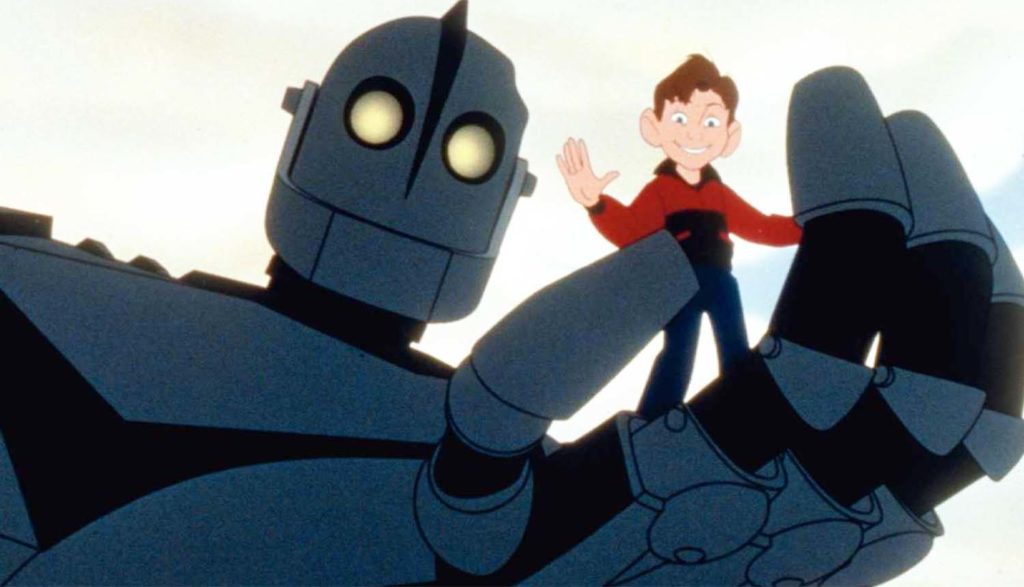
The Iron Giant (PG, 1999)
There’s perhaps no bigger flaw in a hero than being designed as a killing machine. That distinction actually tends to place you firmly in the villain category. And yeah, the Iron Giant has the propensity to do a whole ton of bad: he’s loaded up with futuristic weapons the likes of which America has never seen. But with a bump to his programming and the guidance of the young boy Hogarth, the Iron Giant learns that he doesn’t have to be what he was sent to be. “You are who you choose to be,” Hogarth tells him. And you know what? Being Superman sounds a lot better than being a bad guy—but only if he can overcome his violent tendencies. (You can stream The Iron Giant on Tubi for free, and it’s available to rent on a variety of other services.)
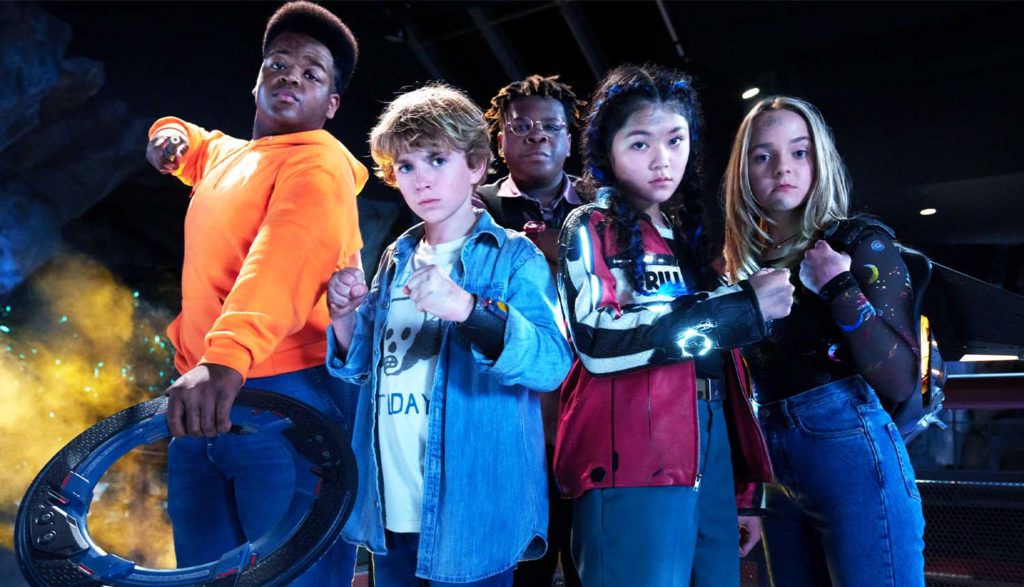
Secret Headquarters (PG, 2022)
It’s tough, and frankly, exhausting zipping around the world saving people. It seems there’s almost always someone out there who needs help. However, as Secret Headquarters’ hero, Jack (or as the world knows him, the Guard) eventually discovers, the avalanche of hero work has kept him from being a hero to his wife and son. Sure, everyone loves the Guard, but few people care for the guy under the mask—after all, the mask is exactly what’s preventing him from loving his family well. Yes, the world needs heroes, but so does Jack’s son. But, as I write in my review, “Jack comes to understand how his constant hero work has been a relational burden on his family, and he actively decides to fix it.” (You can find this movie on Paramount+.)
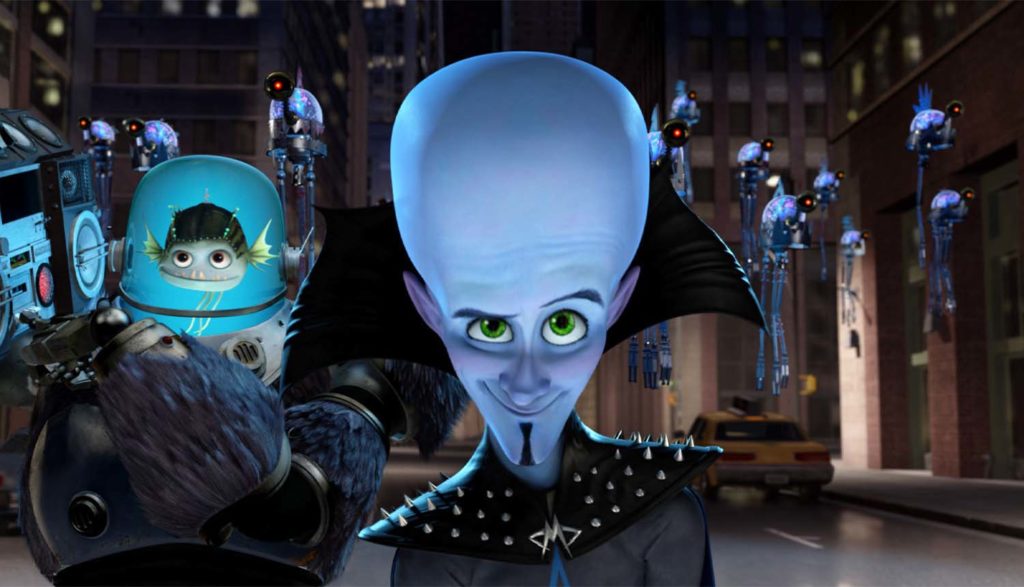
Megamind (PG, 2010)
Megamind is a villain. He looks like one, he acts like one, and he actively says he is one. After all, he was pretty much born into it. But he never actually expected for his villainy to result in the death of his hero nemesis—it was all more of a fun stage production to him. But now, the city has no hero, and for a time, things are great for Megamind. But then he gets bored, and he decides to create a new hero to rekindle the fun of fighting once more. Except, this new hero, well, he doesn’t want to be a hero; he’d rather be a villain—and one crueler than Megamind. Someone has to stand up to him … but who? Throughout the movie, Megamind realizes that he doesn’t have to be the bad guy just because of his life circumstances. “Megamind clearly states, ‘Destiny is not the path that’s given to us, but the path that we choose for ourselves,’” writes Plugged In’s Bob Hoose. And for Megamind, he’ll need to look past all his flaws if he wants to become the hero the city needs. (Megamind is streaming on Netflix.)
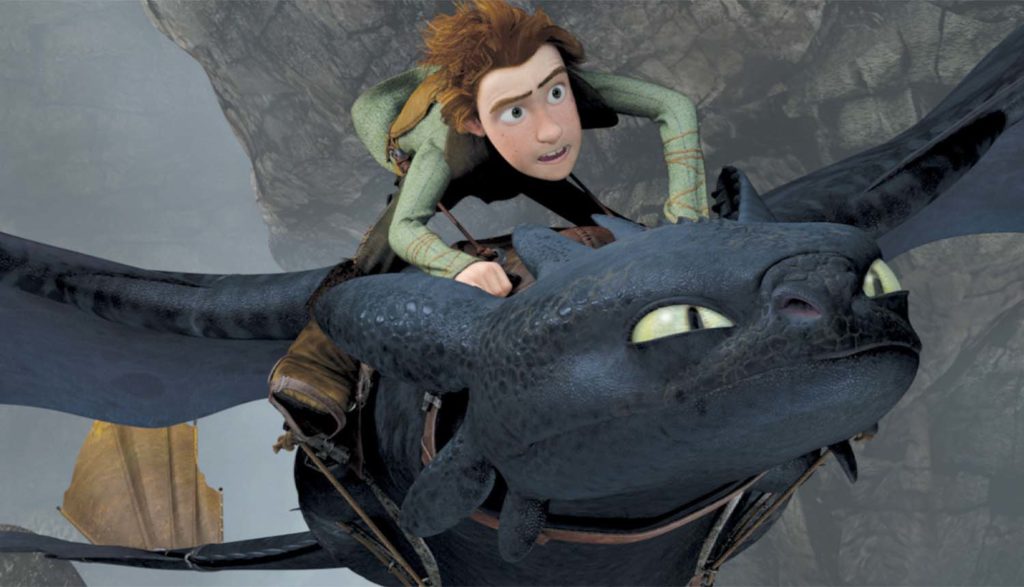
How to Train Your Dragon (PG, 2010)
If anyone’s an outcast in Viking culture, it’s Hiccup. The skinny, clumsy runt isn’t exactly the model of Viking barbarity—the lad’s never even killed a dragon before! By all societal accounts, Hiccup is, quite simply, a failure. But what the town of Berk sees as flaws and defects will actually bring prosperity to their people. Because instead of killing dragons, Hiccup has a wild idea: why don’t we train them? How to Train Your Dragon reminds us that what the world might call flaws can actually be boons that we can use to help others. These traits might not help us fit into the world in one way, but they can still be valuable in others. (How to Train Your Dragon is available to stream on Amazon Prime.)
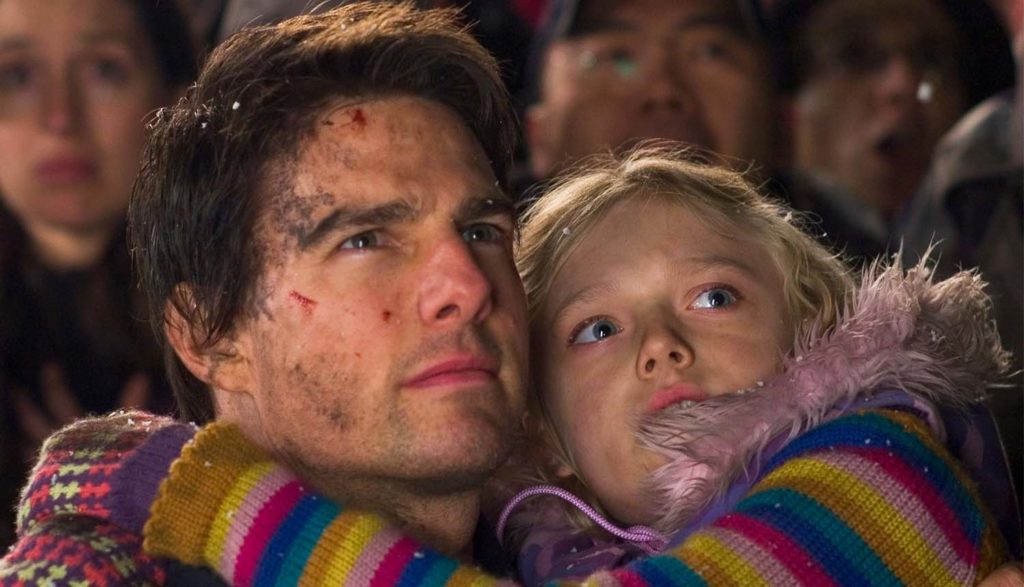
War of the Worlds (PG-13, 2005)
Ray is a failure. He’s a bit selfish, and to say his relationship with his ex-wife and children is strained would be an understatement. But hours after his ex-wife drops the kids off for the weekend, the world changes forever: Aliens in spindly spider-like spaceships burst out from the ground and begin zapping any people they can find—and it’s up to Ray to keep his kids safe. “Though clearly a selfish dad before the crisis, Ray discovers a sense of paternal responsibility in protecting his kids from the invasion, risking everything to keep his family together and alive,” writes Plugged In’s Christopher Lyon. No, Ray isn’t some action hero whose actions are pivotal to stopping the alien invasion. He’s just a guy trying to protect his family from danger. But to his children, that’ll make him their hero. (The 2005 version of War of the Worlds is available on Paramount+, the Roku Channel and Amazon Prime.)
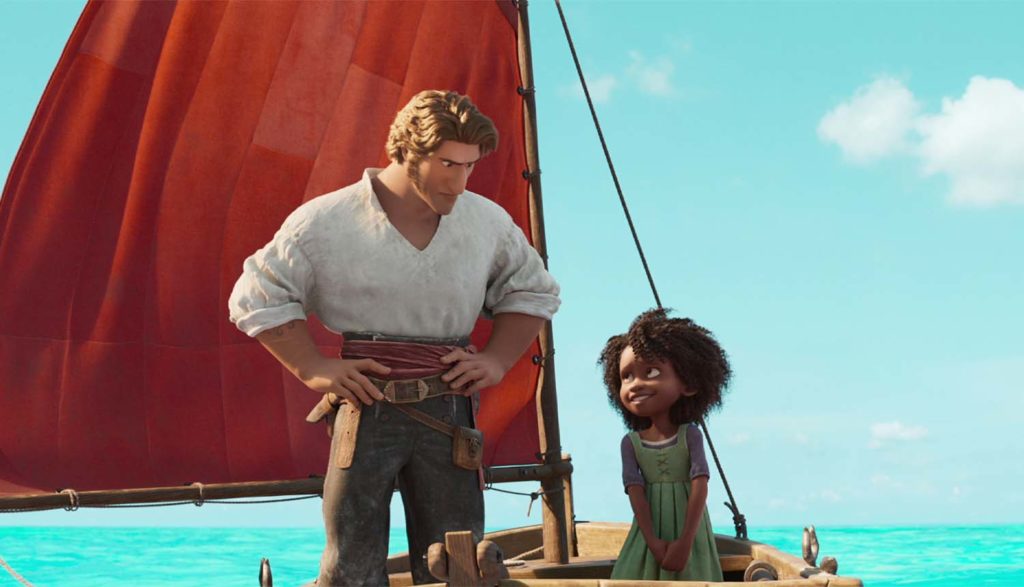
The Sea Beast (PG, 2022)
Hunting sea beasts is perhaps the most noble thing a person can do. Risking your life in order to fight giant monsters who threaten society is worthy of a pat on the back and a hearty “hooray!”.. But that’s not the tale of heroism that The Sea Beast wants to tell. Because when protagonists Jacob and Maisie discover a lost truth, it puts the heroics of those who fought sea beasts before into question—and Jacob refuses to believe it, not wanting to disrespect the lives of those who died before (including his own parents). But Maisie insists a similar idea to what this entire blog post has been about: “You can be a hero and still be wrong.” Even if we make mistakes, that doesn’t discount the good work we have done. Likewise, previously being wrong doesn’t prevent us from rising up to be heroes. (This Netflix original is available, of course, on the streaming giant.)
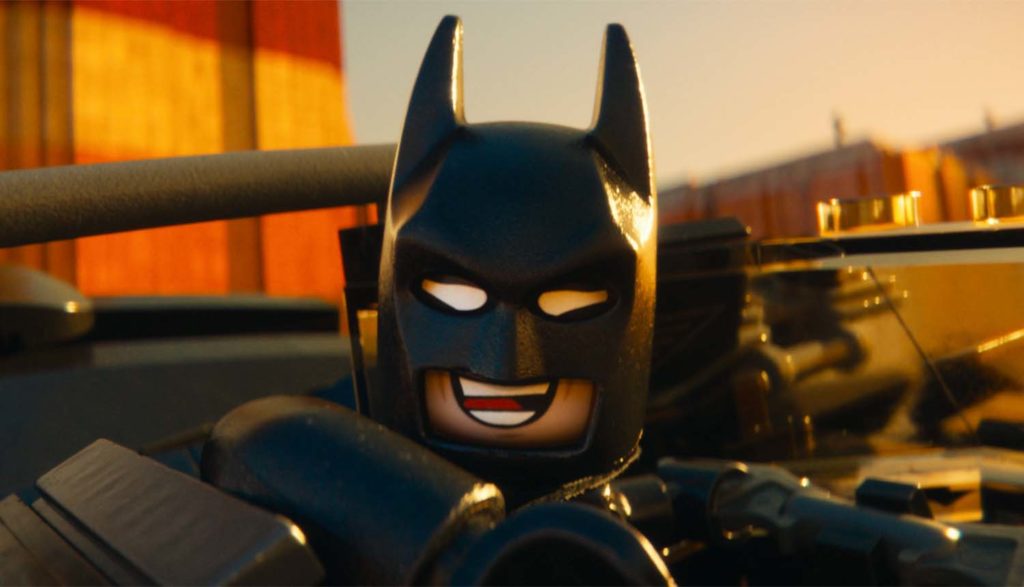
The LEGO Movie (PG, 2014)
It might seem like The LEGO Movie’s Emmett doesn’t have any flaws: He’s nice, he’s friendly, he’s a good worker. But he’s also not special. He’s not memorable. He’s what you’d describe as a nobody. And, if he were being honest, he’d agree with that assessment. But The LEGO Movie teaches that everyone is able to contribute, and even the most average, most unremarkable people can rise up and be a hero if they try. Plugged In’s Bob Hoose writes that a prominent movie message is to “believe in yourself. You can never know how much you can really do—how special you really are—unless you give it a good try.” You might not be the “most important person in the universe,” but you do have the ability to help others with what they consider to be important—and that’ll make you a hero in their eyes. (The LEGO Movie is not available to stream for free, but you can, of course, rent it on several services.)







One Response
-I liked how you brought up heroes’ sense of responsibility, especially in cases like Tony Stark, who creates so many of his own problems that it’s no wonder that a conflict arose over the necessity of accountability and oversight. I enjoy superhero films, but many superheroes operate without this oversight. Personally, while I welcome stories where superheroes admit their flaws (instead of embracing them) and try to overcome them, but I also think stories will do well to take a look at how they treat their villains.
As you said, villains aren’t always beneath sympathy, and they’re certainly not beneath human dignity in Christian belief. There are too many films and even too many ideologies that outright laugh at the destruction or humiliation of their enemies, which at best is a somber tragedy even when it’s necessary. What kind of upbringing would a person have had to wind up ending their life as a nameless, faceless human cut down by a random bullet from Captain America or Natasha Romanoff?